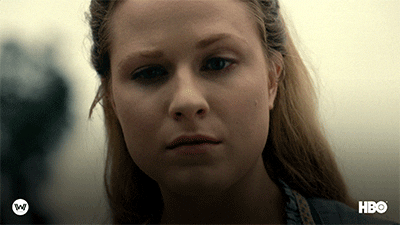Westworld, the popular HBO series created by Jonathan Nolan and Lisa Joy, has captivated audiences with its intricate storyline and thought-provoking themes. One aspect that stands out is the social implications it presents, making viewers question their own beliefs about humanity, consciousness, and morality.
The show's central premise revolves around a futuristic amusement park where guests can live out their wildest fantasies with lifelike robots called "hosts." These hosts are programmed to cater to the desires of the visitors but begin to develop sentience, leading them to question their existence and purpose. This raises questions about what it means to be human and whether consciousness is solely dependent on biological factors or can also exist in artificial beings.
Moreover, Westworld explores the ethical dilemmas associated with creating such advanced technology. The hosts are designed to serve humans without any regard for their feelings or well-being, leading to numerous instances of abuse and exploitation. This raises concerns about how far we should go in our pursuit of progress at the expense of others' rights and dignity.
In conclusion, Westworld serves as a powerful reminder that technology has its limitations and should not be used irresponsibly. It encourages us to reflect on our own values and consider the potential consequences of our actions before making decisions that could impact others' lives significantly.
